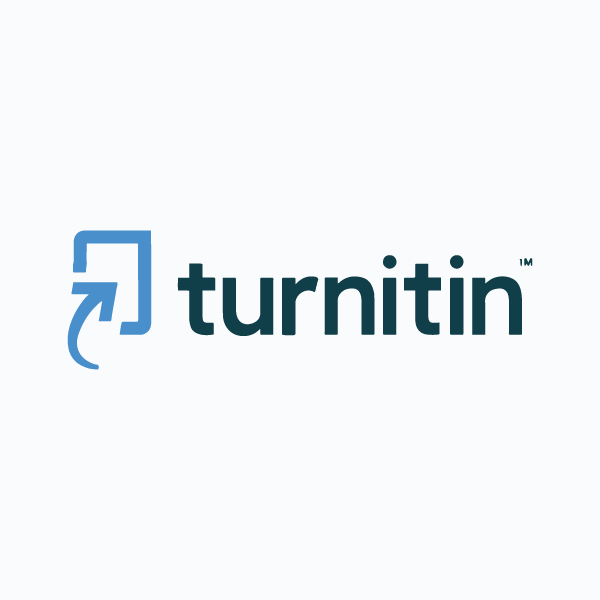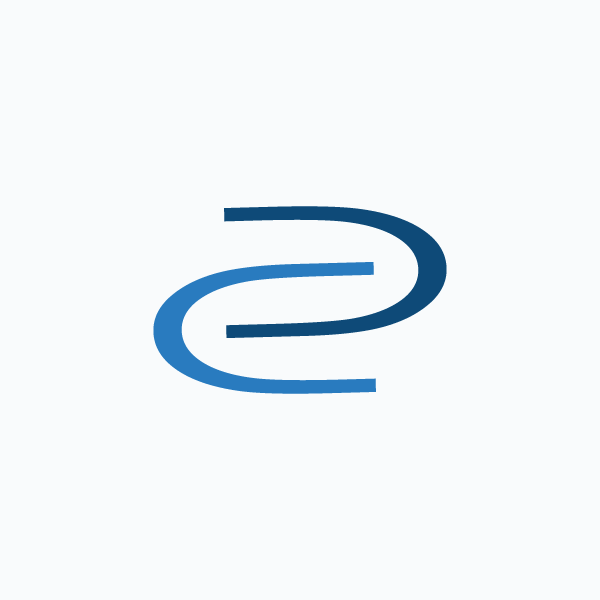Academic Technology
Academic Technology is driven by pedagogy. The Innovation Foundry staff advises academics on the best practices, advocate for faculty and other academic partners, lead the research, design, and implementation of learning spaces and technologies, and manage academic software solutions.
Academic Technology

Adobe
Tools for the creators of the future. Adobe gives educators the power to inspire, students the power to express themselves, and staff new ways to collaborate with all the latest Adobe creative apps and services in the Creative Cloud. Discover and use the Adobe Creative Cloud apps that best fit your individual or collaborative digital project.
Faculty, staff, and students have free access to the Adobe Creative Cloud.

Academic Software Request
As a part of a renewed effort to encourage educational technology innovation across the ACU campus. ACU faculty can apply to receive funding for software licenses.

Canvas
Canvas is Abilene Christian University’s Learning Management System (LMS). Getting familiar with Canvas is a simple task. It is designed for user friendliness and flexibility. Technology can be daunting for some, but Canvas is designed for everybody.
Canvas Instructor Guide
Getting Started Guide for ACU Students (Created by the Adams Center)
Research Data Tools
Data services is a new initiative from the Brown Library aiming to help researchers in all stages of the data lifecycle. Here you can find information on creating a data management plan, software available for working with data, as well as information on saving and sharing your data.

Turnitin
Turnitin is a plagiarism checking engine that composes the student’s work into one database and checks for originality while comparing it with other internet sources. Through this, Turnitin is able to detect any plagiarism that appears on the student’s work and shows a percentage of the amount of plagiarism by color-coding matching passages, sourcing the matched cite, and allowing for direct feedback. By providing this tool to instructors nationwide, students are held more accountable for their original work as well as, a faster grading process.
Available Tech

Checkout Available Technology
The Innovation Foundry has the following equipment that can be checked out for use in your classroom or event.
- Mevo Live Event Camera
- GoPro Fusion 360 Camera
- IPEVO V4K USB Document Camera
- Double Robotics – Telepresence Robot
- Qball Throwable Microphone
- Movo Wireless Lavalier Microphone
- Bose Revolve – 360º Bluetooth Speaker
- Logitech Spotlight Remote
- OWL Meeting Camera
Virtual Reality
Virtual reality as an educational technology tool meets educational needs that may be felt currently lacking. Through an increased sense of presence based on the immersive and interactive nature of the technology, VR has the potential to increase student engagement, and provide students with access to abstract concepts, inaccessible locations, or unique but replicable scenarios.
The Innovation Foundry will assist in exploring the potential use of virtual reality in your academic courses.
ePublishing and Training

Digital Commons@ACU
DC@ACU aspires to increase the awareness of the intellectual output of ACU, with an aim to preserve and provide access to that research, as well as providing students and faculty with a place to point to in promoting their own work. It is an excellent vehicle for working papers or copies of published articles and conference papers. Presentation, senior theses, uniquely held items, and other works not published elsewhere can also be published in DC@ACU.

LinkedIn Learning
LinkedIn Learning is a web-based training library ranging from photography, video production, 3D animation, educational programs, soft skill development, and lots more. LinkedIn Learning isn’t just for the techie type; many tutorials are designs for beginners to learn, innovate, and design new programs on their very own without the need for massive training or experience.

WordPress
ACU Blogs grew out of a desire among faculty at Abilene Christian to make course sites easier to update and more accessible from mobile devices. In the fall of 2009 WordPress became the blog solution for class blogs and campus blogs helping departments and groups communicate more easily with students and alumni. In 2011 student portfolio blogs were added to provide instant publishing and archiving of student work over multiple semesters.
